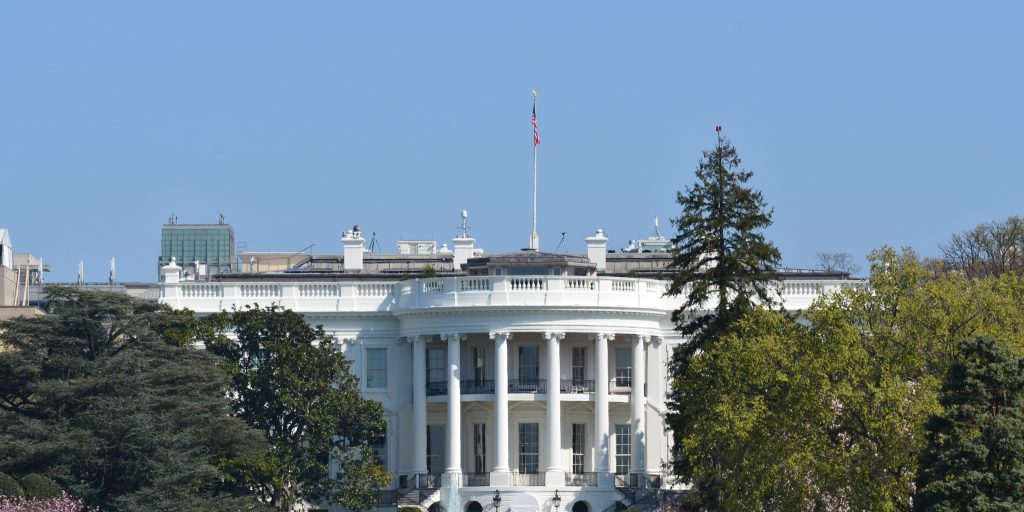Federal government launches $1B program to connect cities fractured by historic policy decisions
Supporting America’s economy is a foundation comprised of roads, railways, bridges and waterways built to create opportunity and connect communities. But due to historical prejudice, some cities and counties are at a disadvantage—like minority neighborhoods cut off during the construction of the state highway system in the 1950s.
The United States Department of Transportation announced Thursday a $1 billion pilot program embedded in the Bipartisan Infrastructure Law that’s intended to remedy past wrongs by reconnecting communities blocked from economic opportunity due to transportation infrastructure.
“Transportation can connect us to jobs, services, and loved ones, but we‘ve also seen countless cases around the country where a piece of infrastructure cuts off a neighborhood or a community because of how it was built,” said U.S. Transportation Secretary Pete Buttigieg in a statement. “Using funds from President Biden’s Bipartisan Infrastructure Law, we are proud to announce the launch of Reconnecting Communities: the first-ever dedicated federal initiative to unify neighborhoods living with the impacts of past infrastructure choices that divided them.”
The program is the first-ever federal initiative that dedicates funding solely to reconnecting communities. Simultaneous to the program’s launch, which was announced by Buttigieg alongside U.S. Rep. Terri Sewell, Birmingham Mayor Randall Woodfin, and other local leaders in Birmingham, Ala., the transportation department stood up the Thriving Communities Initiative, a planning support program intended to provide participating communities with technical assistance as they work on their approved projects. Notably, while it’s the first time the federal government has created a program specifically to reconnect communities fractured by historic policies, individual projects have received federal funding in the past.
Previously, other transportation department grant programs, including the Rebuilding American Infrastructure with Sustainability and Equity program, have funded reconnection projects like an interstate capping initiative in Atlanta, Ga., a greenway project in St. Louis, Mo., and a rapid transit bus line in Baltimore, Md. This latest project is intended to more broadly address inequalities in communities.
“During the 20th century, federally funded infrastructure projects too often segregated and harmed low-income communities, especially predominantly Black neighborhoods. Construction of the federal highway system in particular cut off once thriving Black communities from resources and opportunity,” reads a statement from the White House about the initiative.
The grant program to connect fractured cities will be competitive, and eligible applicants include states, local and Tribal governments, metropolitan planning organizations, nonprofit organizations and transportation facility managers.
In awarding communities, preference will be given to applications from economically disadvantaged communities, especially those with projects that are focused on equity and environmental justice, have strong community engagement and stewardship, and a commitment to shared prosperity and equitable development.
This year, $195 million will be made available. Of that, $50 million is dedicated to planning activities for communities that may be earlier in the process. Looking ahead, the Department of Transportation will convene a series of stakeholder webinars to help potential applicants learn about the grant program and what they need to know to prepare an application. The first one will be held Thursday, July 14 at noon eastern time. Applications are due Oct. 13, and awards are expected to be announced early next year.




















